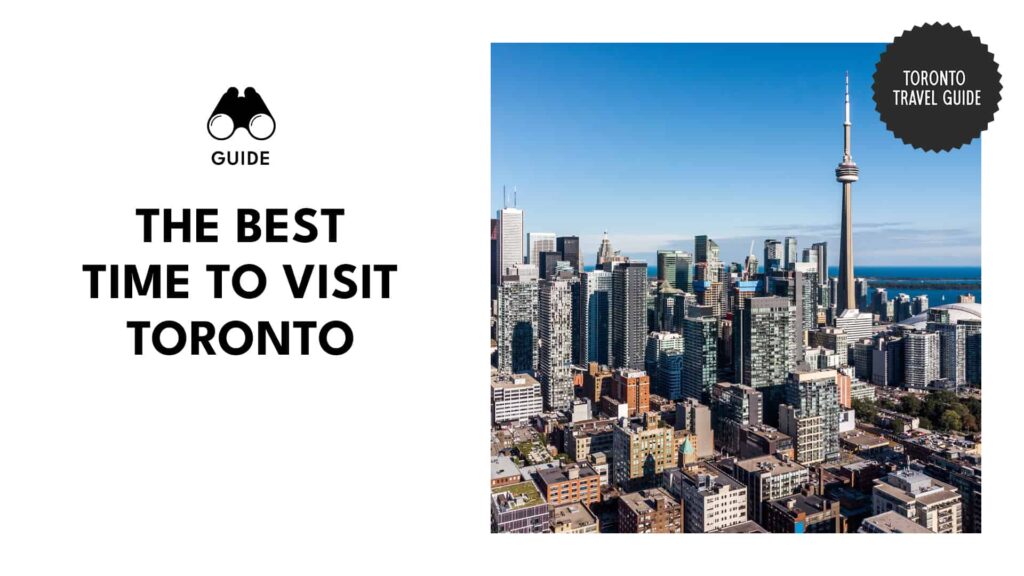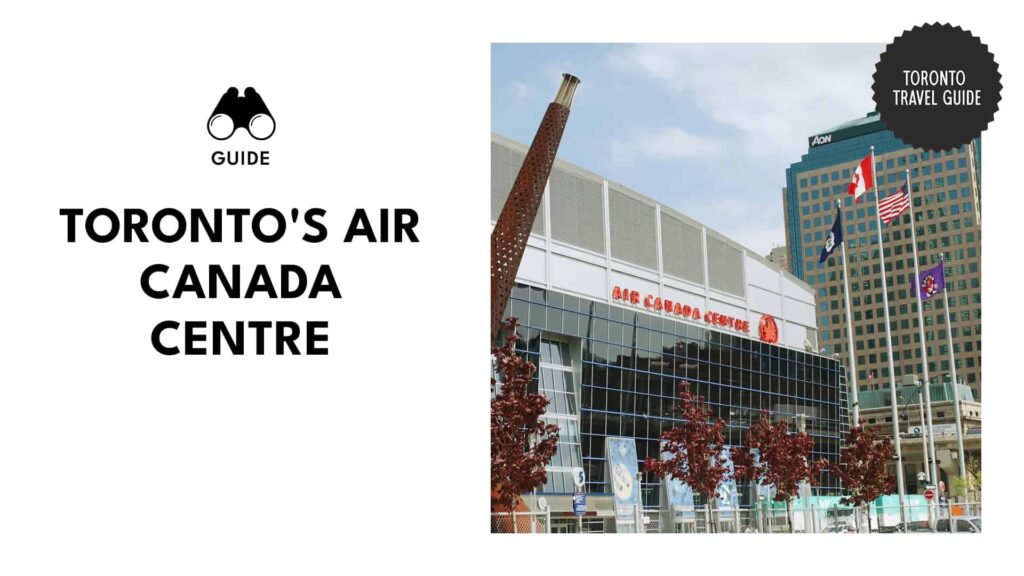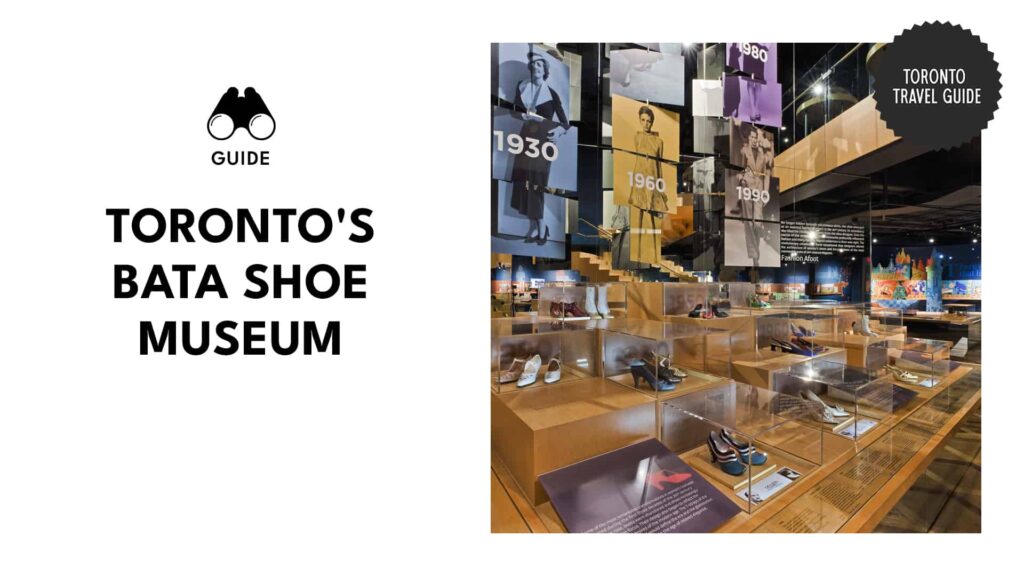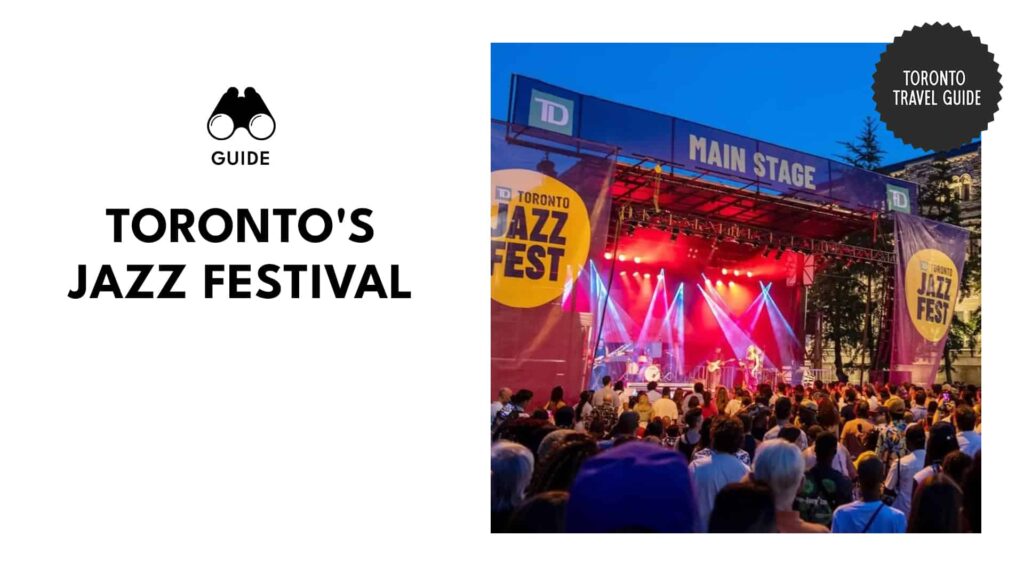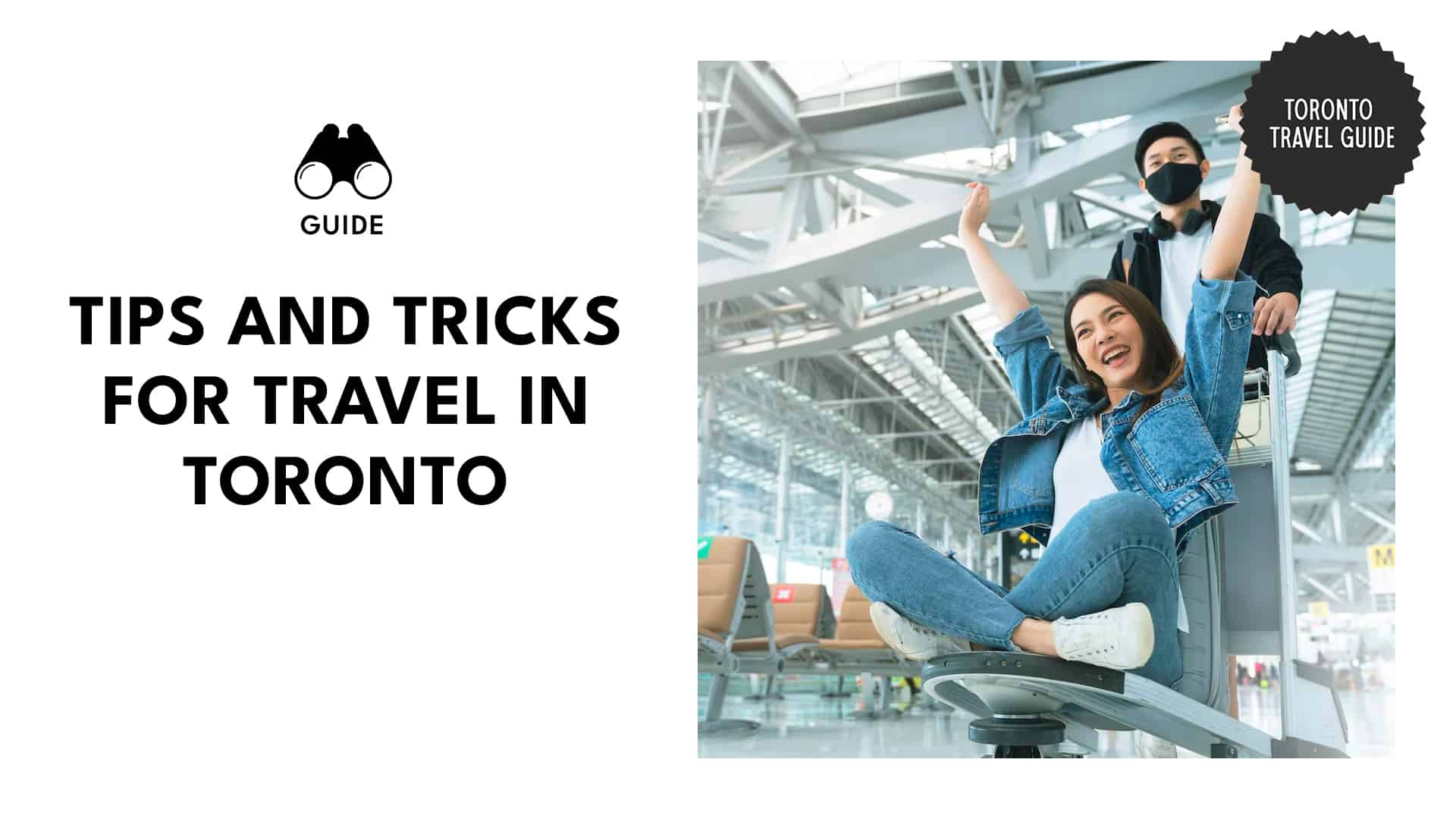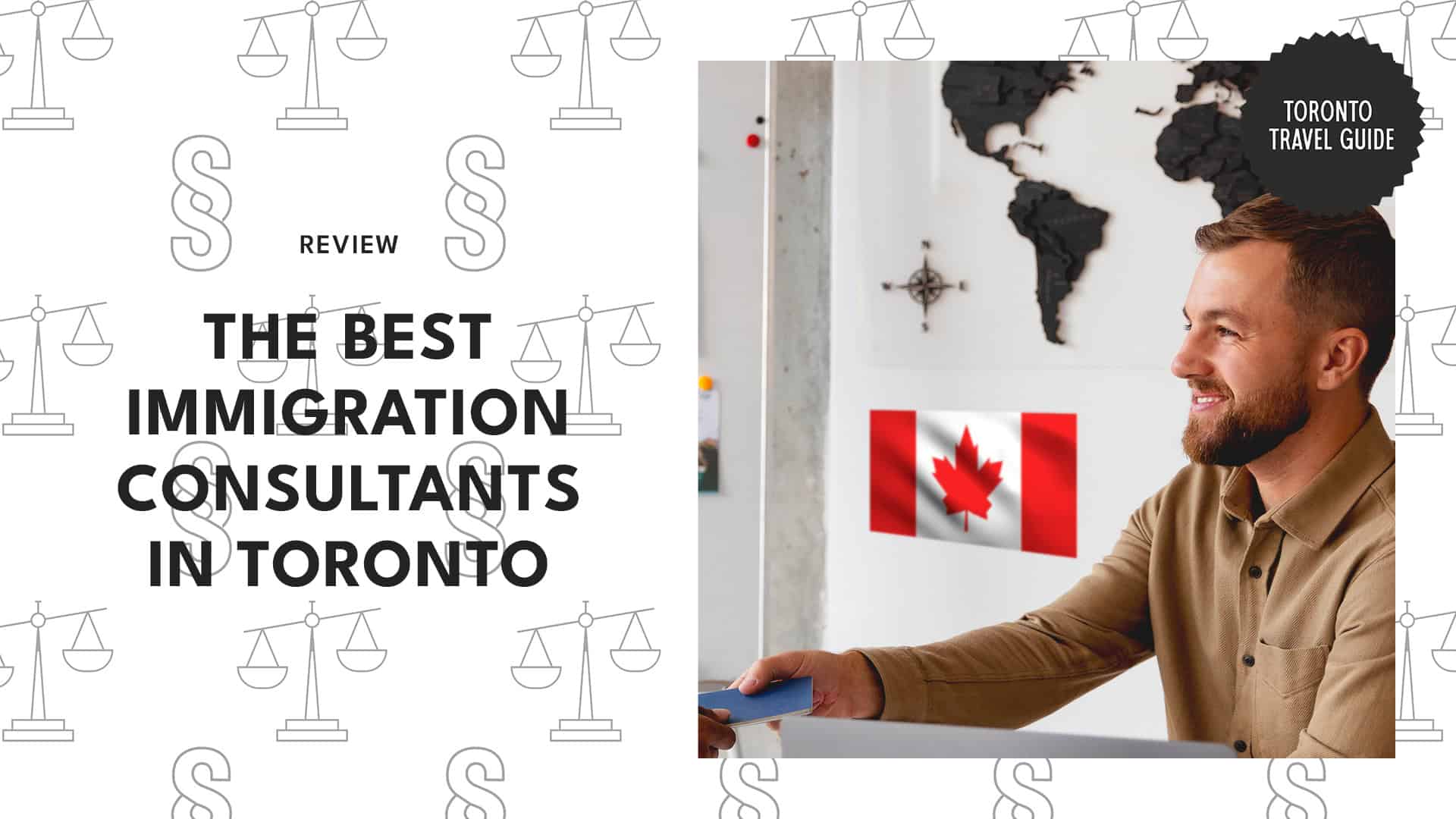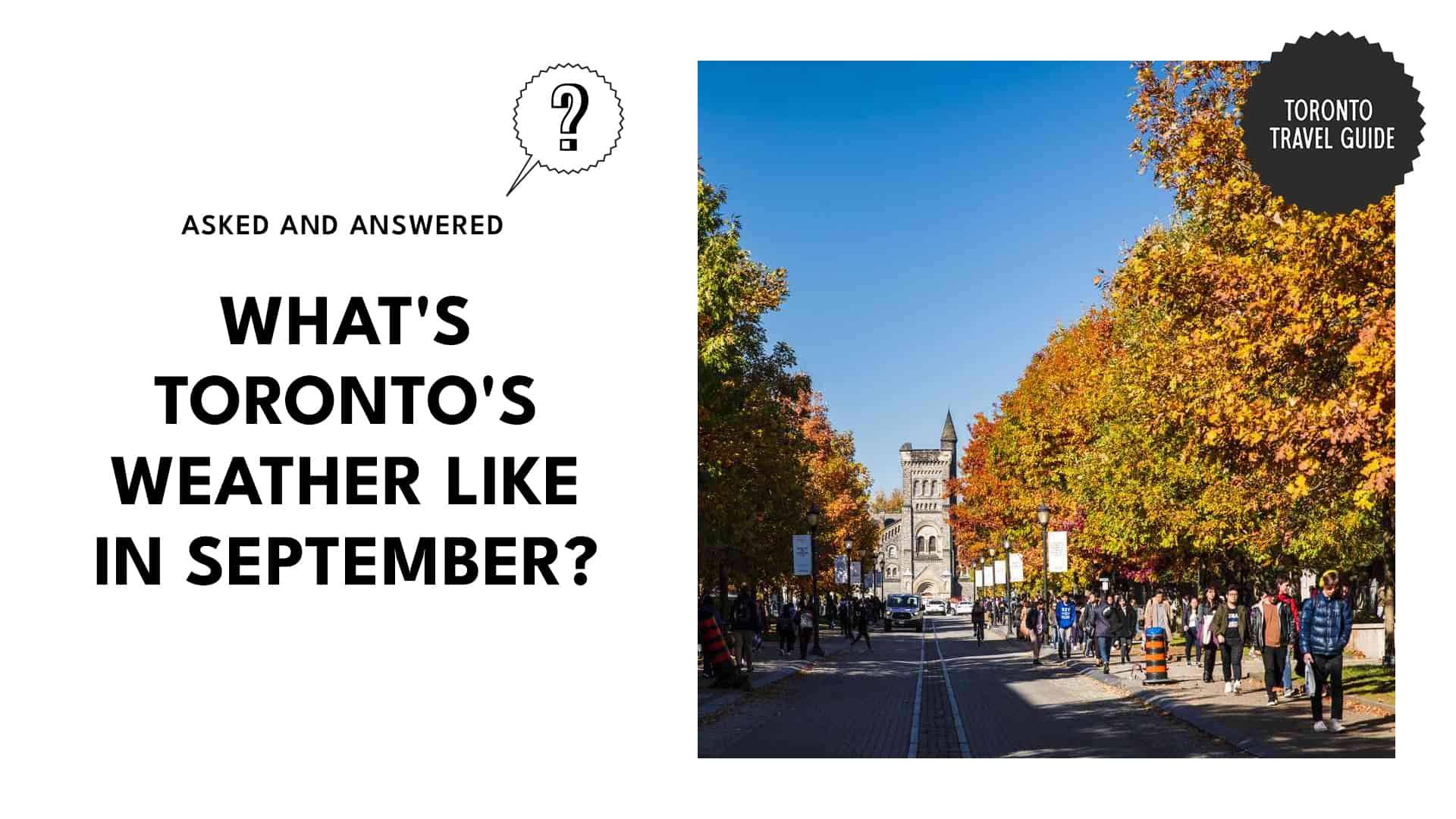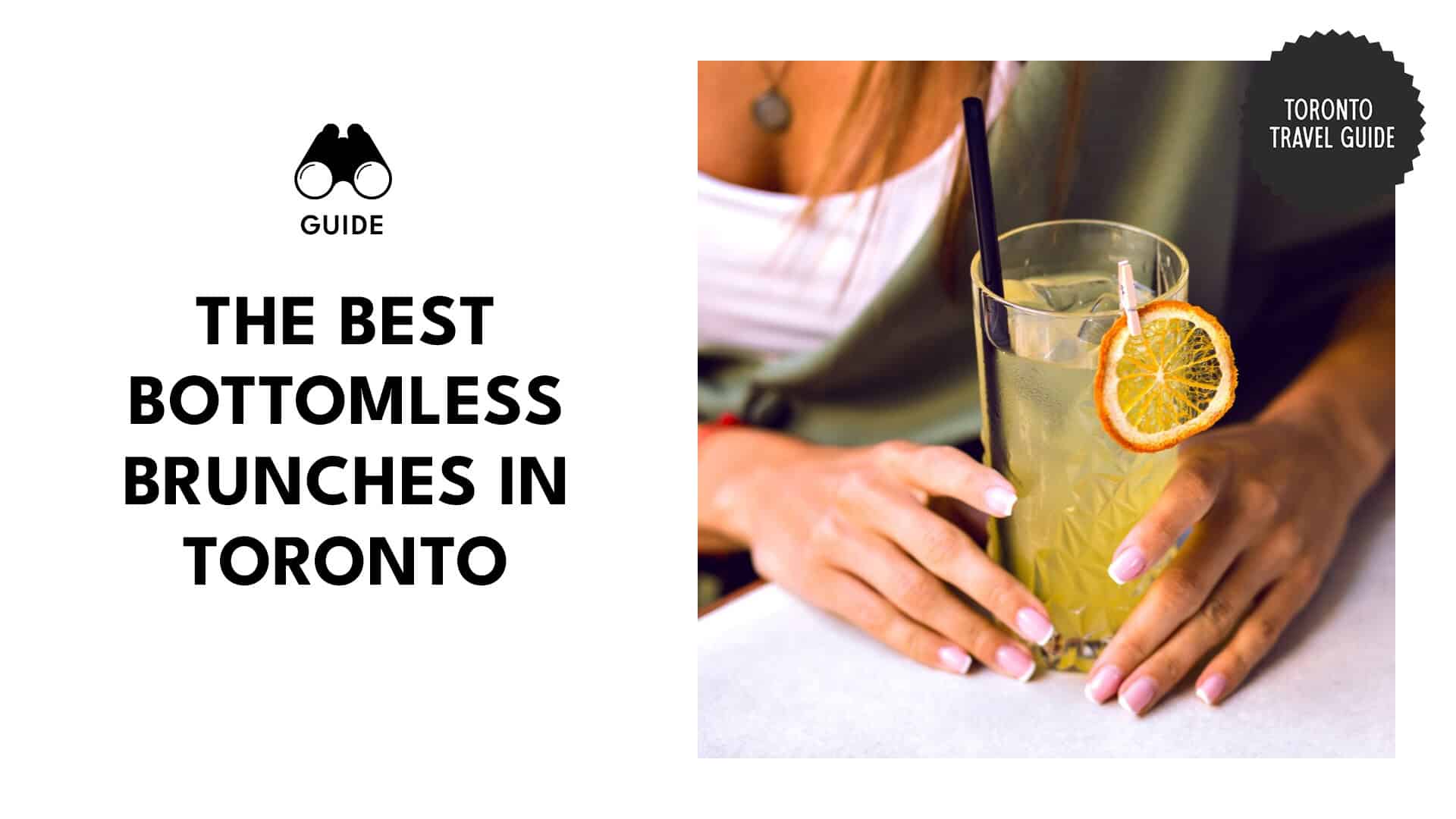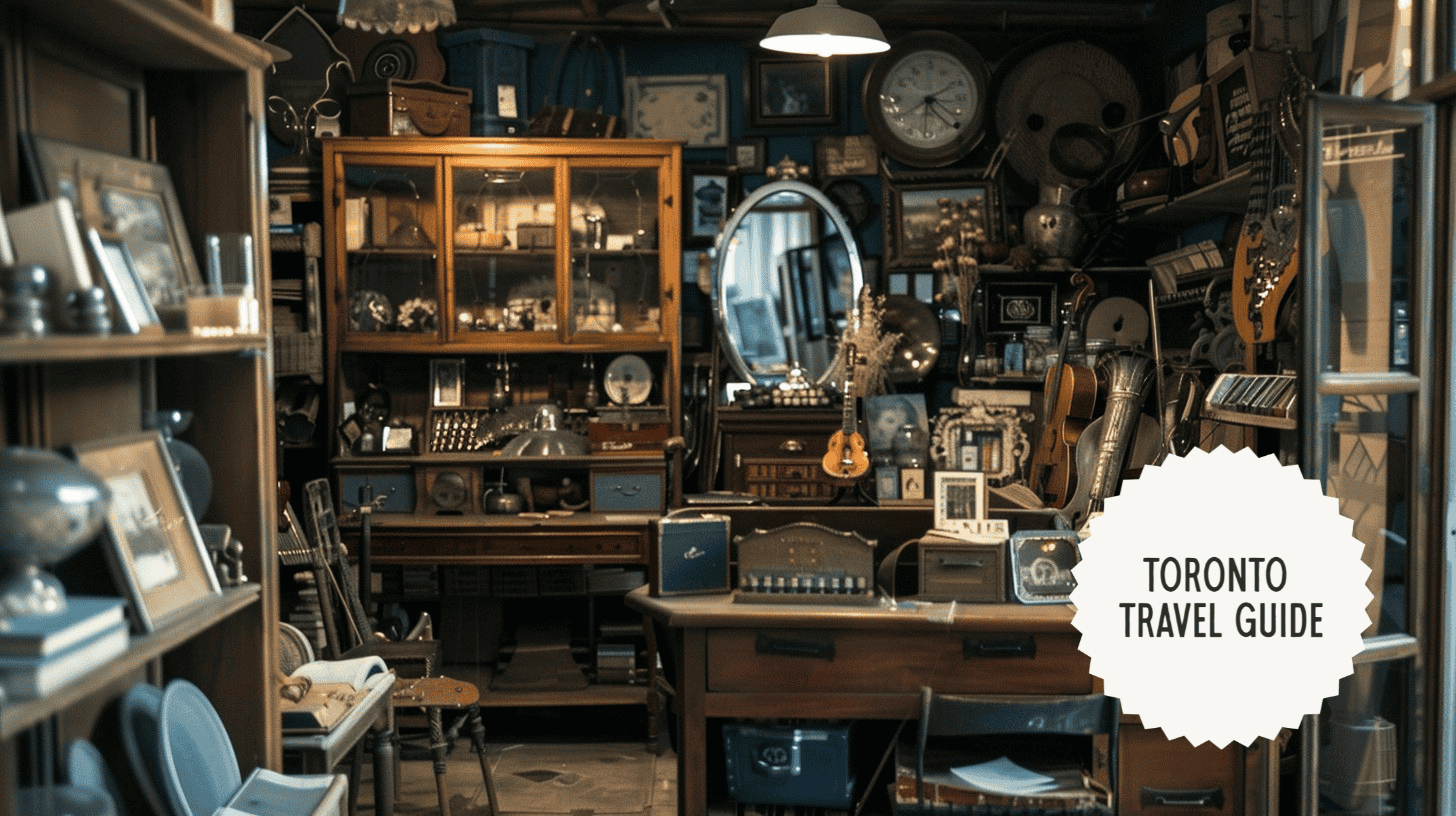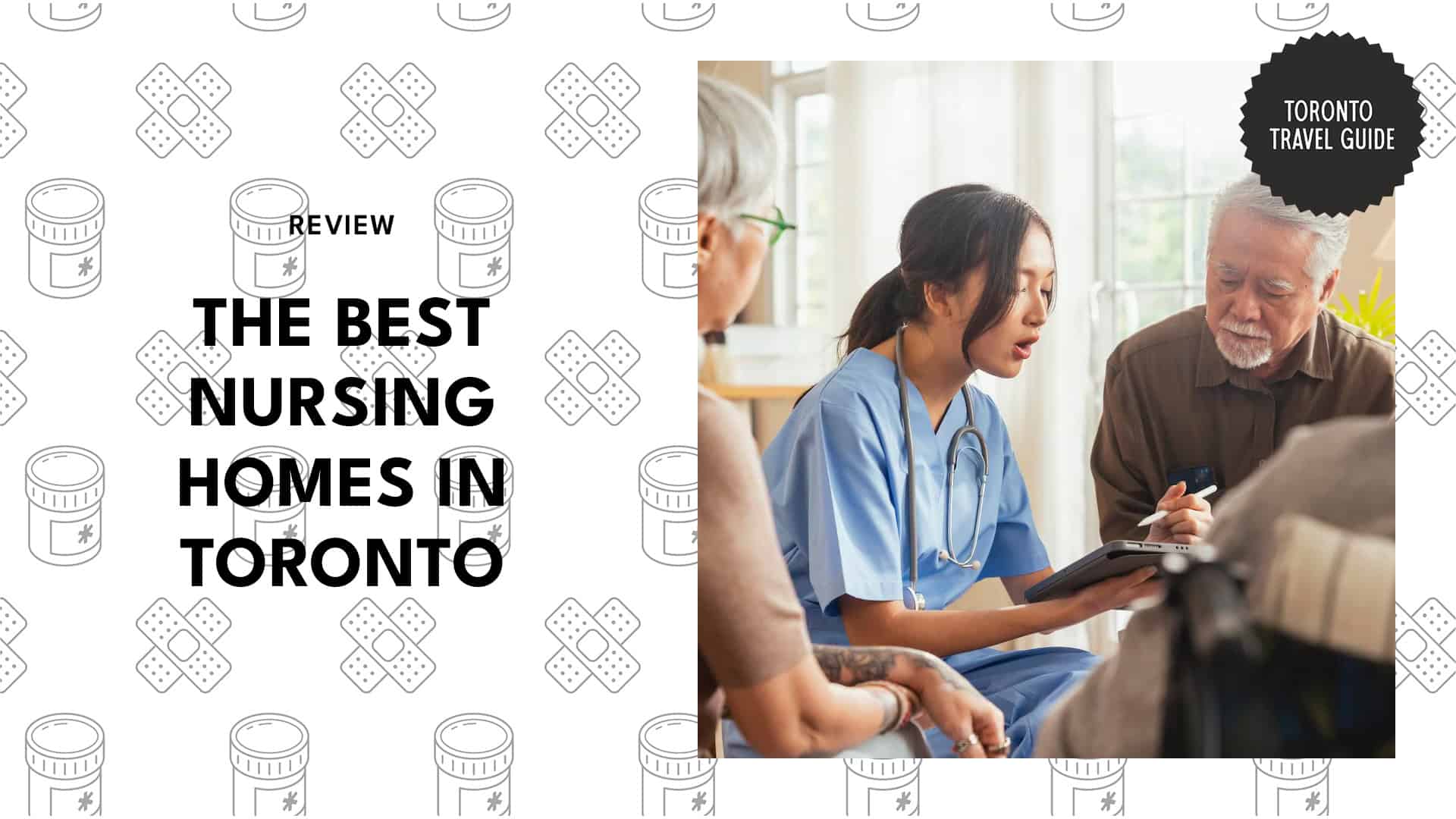Acquaint Yourself With Practical and Valuable Advices
This Toronto travel information and tips section specifically tells you what you should ‘know before you go’.
As a traveller, it’s very crucial that you familiarize yourself with the city you are visiting. And Toronto is no different.
After all, you might prefer one or two pleasant surprises, but not wild shocks for sure.
You may have several puzzling questions in your mind like…
- As an overseas traveller, do I need a visitor visa? Or what are other entry requirements? What can I bring to Canada?
- Which currency is used there? What is the cost for accommodation, food, transport and major attractions?
- In which time zone does Toronto belong?
- Which language is commonly used as medium of communication?
- What should I do in emergency situation to get prompt response?
- How can I get immediate medical treatment for me or my family member?
- What are the standard tipping etiquettes?
- How can I make international call back home? Or how my family can contact me here?
So here I have compiled this Toronto travel information guide which answers above queries and many more…
I hope these Toronto travel information and tips will help you how to approach your travel plan and make your visit full of fun.
Currency and Money
It’s quite helpful to you to know a bit about the currency and money that you’ll use when you’re in Toronto. Currency used in Toronto (Canada) is the Canadian Dollar, CAD (Symbol C$). It’s decimal currency and 1 CAD is equivalent 100 cents.
Major credit cards are widely accepted and use of debit cards is very common in Toronto. You can also bring traveler’s check, however its use is on decline.
For more details on currency and money, where to exchange money and traveler’s check, currency convertor, ATMs, banking hours and typical prices in Toronto visit currency in Canada.
Return to top of Toronto Travel Information
Driving
Driving in Toronto is not easy and sometimes it’s frustrating, specially in those rush hours. But if you follow basic rules and keep vigil, it’s quite fun.
Some important things you must keep in your mind are…
- Drive on right-hand side of the road.
- Seatbelts are mandatory for all the passengers in the car.
- Don’t corss the posted speed limit.
- Watch for pedestrians and cyclists and give them right of way.
- Obey the traffic signs and symbols.
That’s all. so just relax, fasten your seatbelt, stick to the rules and have a nice ride.
Return to top of Toronto Travel Information
Electricity
Toronto (Canada) uses 110 Volts electrical system at 60 Hertz. So make sure you bring a proper voltage converter/transformer for your electrical appliances (laptops, chargers, irons, hair dryers, razors and so on), if you are travelling from a country outside North America.
Wall outlets in Toronto (Canada) generally accepts two types of plug. Flat blade plug and Flat blade with round grounding prong plug. If your electrical appliances plug has a different shape, you may need to bring plug adapter as well.
Return to top of Toronto Travel Information
Internet
Toronto has very sophisticated and wide broadband network in place.
Wi-Fi internet access is very common in Toronto now. You can use wireless internet at Wi-Fi hotspots (make sure your laptop is Wi-Fi enabled) offered by many hotels, restaurants and bars, airports, public places, shopping malls etc.
You may consider using service of cybercaf�s located at many places in the city. Some of them are open 24-hours a day. And, most importantly rates are usually very cheap, $3 – $4 per hour.
Also, you can buy Hi-speed mobile internet stick from internet service providers like Rogers, Bell or Telus through their stores.
So basically you are just few clicks away from getting your important emails or business updates, uploading your cool travel pictures on Orkut or Facebook and writing your travel blogs.
Return to top of Toronto Travel Information
Language
English and French are the two official languages in Toronto (Canada). That means all Federal Government services and documents are available in these two languages.
Also, most of the information and literatures available at theatres, museums, monuments, hotels, malls are printed in both English and French. Product labels are also produced in both English and French.
Street names, signs and symbols are displayed in English. And most of the Torontonians speak good English, so you would not face major trouble in everyday communication.
Since Toronto is multicultural city with more than 80 ethnic groups, you will find all kind of people speaking different languages from Italian to Greek, Chinese to Hindi and many more.
Return to top of Toronto Travel Information
Time Zone
There are 6 primary Time zones across Canada. Toronto uses Eastern Time Zone.
Time Zone specification for Toronto
Standard Time Zone: UTC/GMT – 5 hours, Eastern Standard Time (EST)
Daylight Saving Time in Toronto
Begins – on Sunday, March 13, 2018 @ 2.00AM (Second Sunday of March every year)
Ends – on Sunday, November 6, 2018 @ 2.00AM (First Sunday of November every year)
During Daylight Saving Time, Eastern Standard Time (EST) becomes Eastern Daylight Time (ETD). Make sure to turn your clocks forward one hour during Daylight Saving Time.
Current Time In Toronto
Return to top of Toronto Travel Information
Measurement System
Unlike USA, Canada uses metric system for measuring units.
You will find speed signs in Kilometres/hour, temperature in degree Celsius and gas is sold in unit of Litre. Weight is measured in Kilograms and Grams. However, you will also find measurements in pound and ounce on many grocery items.
So if you are traveling from USA/UK, please keep these units in mind.
Return to top of Toronto Travel Information
Safety and Security
By and large, Toronto is considered as one of the safest cities in Canada. People are very friendly and courteous. Having said that, we still face brutal acts of crime time to time, but the crime rate is reasonably low compared to some big cities in US and around the world.
The city administration is making every effort to maintain crime rate at the lowest possible level and they are incredibly successful in their mission.
If you take some basic safety measures like…
- Avoid venturing alone at late night
- Keep your valuables close to you
- Beware of the pick-pockets
- Stay alert while using public transit system
…I have no doubt that you will make your trip safe and secure and enjoy it with peace of mind.
Return to top of Toronto Travel Information
Health
There is no specific health issue in Toronto at this point of time. Swine flu epidemic was of great concern in 2009, but there has not been any successive outburst. And yes, you can drink tap water without any apprehension.
Toronto has highly efficient doctors and modern hospitals equipped with latest instruments. You can ask the front-desk staff at your hotel to locate a doctor if you need.
Medicines for mild fever, cold, cough and other minor ailments are available without prescription at pharmacy stores. For other medicines, bring your prescriptions. You will find stores of big pharmacy chains like Shopper’s Drug Mart, Pharma Plus, Rexall etc. at many locations throughout the city.
However, it’s important to know that medical treatment and medication are relatively expensive here. So it’s better to buy travel health insurance for you and your loved one to avoid medical expenses.
But I hope that you won’t have any incident to personally experience any healthcare facility during your visit:)
Return to top of Toronto Travel Information
Emergency Services
9-1-1 is the emergency telephone number that has access to all emergency service (Fire, Ambulance and Police) in Toronto.
You should call 9-1-1 only when someone has life threatening emergency or there is any fire incidence or any crime is taking place around you. But beware, calling 9-1-1 for noncritical problem is treated as serious offence and may bring you into deep trouble.
You can dial 9-1-1 from any landline phone, cell phone or public pay phone (it’s free).
If you can’t speak English, don’t worry, tell your language preference to 9-1-1 operator, they have immediate access to language interpreters for close to 150 languages.
After you call,
- Stay calm and speak clearly
- Ask which service you need – firefighters, ambulance or police
- Explain exactly what is happening
- Give exact location of emergency
- Give your name and contact information
- Provide further information if requested by the operator
- Don’t hang up until you are told to do so by the operator
Return to top of Toronto Travel Information
Phone
It’s extremely essential for you to know how to call your family and vice versa in critical circumstances. Here I have mentioned exactly how to do that.
If you are calling from US, just dial country code 1 (yes, US and Canada share the country code) followed by the 3-digit area code 416 or 647 and then the 7-digit phone number. For example if you are calling from New York, you should dial 1-416-xxx-xxxx.
To make a call to Toronto from overseas (other than US), first dial the international access code (00 in many countries), followed by country code 1. Then dial the area code 416 or 647 and the phone number. For example if you are calling from UK, you should dial 00-1-416-xxx-xxxx.
To make a call to US from Toronto, simply dial 1 and then the area code and phone number.
To make international call from Toronto, first dial 00, followed by your country code. Next dial your area code and your phone number. If you don’t know your country code, please find it before you travel.
If you have already booked your hotel, it’s good idea to give your hotel phone numbers to your family and friends.
Calling from your hotel is always the most convenient option, but at the same time, it’s most expensive too. They normally add massive extra charges to international and other long distance calls. So you are advised to inquire about the call rates.
Cost wise, prepaid calling cards are the cheapest option to make international calls. They are widely available at gas stations, convenience stores and leading super stores.
If you have a multiband cell phone, which is on standard GSM network, then you may consider using it in Toronto. However, it’s subject to roaming charges which can be really high. You may also have to pay charges for incoming call. Before you leave, make sure you activate international roaming with your service provider and check the applied rates.
The other option is to rent cell phone. There are lots of stores in downtown Toronto area for renting cell phones. Some car rental agencies and hotels also provide mobile rentals, but they charge little bit more.
If you have internet access, you might consider VoIP service provided by Skype. Skype allows you to make international calls free of cost, if you have user account with them. To make this service work, the other person must also have user account with Skype and he/she must be online. Visit www.skype.com for further information.
Return to top of Toronto Travel Information
